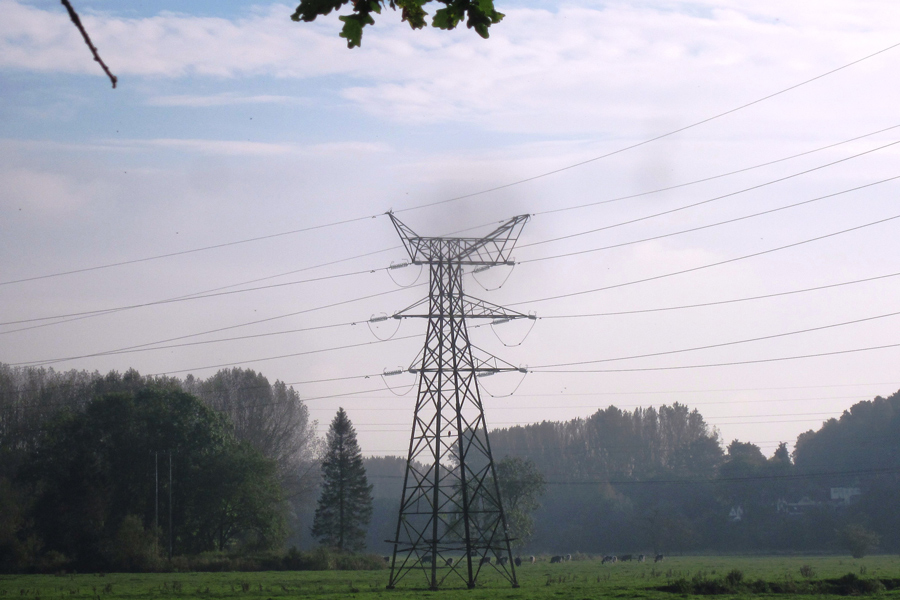
Good green news in the Budget but also a missed opportunity
This month’s Budget was a mixture of good news and bad news for the environment, according to Midlands green energy expert Ron Fox.
“I was very encouraged by all the positive plans to help cut our carbon footprint, but this was partly offset by the announcement to spend more than £27 billion over the next five years on roads and motorways,” said Ron, of Noreus Ltd on the University of Keele Science and Innovation Park.
“Although this transport move could be challenged in the courts for breaching the UK’s laws on climate change, as has already happened with the successful appeal against the Heathrow expansion scheme.”
But he said he agreed with many of the Chancellor, Rishi Sunak’s green plans, who said he was shifting the UK towards a low-carbon economy. These included:
■ Promising to spend £500 million to help provide rapid charging hubs so driver will never be more than 30 miles from one.
■ Doubling spending over the next six years on flood defences, committing a further £5.2bn to protect more than 300,000 homes.
■ Imposing a new tax of £200 per tonne on plastic items containing less than 30 per cent recycled plastic.
■ Removing the tax break on red diesel for industrial vehicles, except for agriculture and rail, which will cut pollution in the cities.
■ Reducing the tax on electricity, which comes more and more from renewable sources of energy.
■ Doubling research and development into energy research to £1bn.
■ Providing £640m for a new Nature for Climate Fund which will help preserve woodlands and restore 35,000 acres of peatland.
■ A pledge to plant 30,000 hectares of trees over five years – that’s a forest larger than the size of Birmingham.
But Ron pointed out these moves have to be paid for and a new green gas levy on gas suppliers, expected to be brought in next year, will add £1 annually to household energy bills rising to £5 a year by 2025.
This will go towards using biomethane in Britain’s gas grid. Biomethane is produced from sewage, food and animal waste and would be a more environmentally friendly way to heat homes and help the UK to meet its target of cutting carbon emissions to “net zero” by 2050.
At present around four fifths of homes are heated with boilers that burn natural gas, a fossil fuel that adds to global warming.
The government has also announced that it would bring in a new low-carbon heat support scheme to help install heat pumps and biomass boilers in homes.
“But there was one glaring omission in the Budget,” said Ron. “There was no mention of any incentives to provide better insulation in Britain’s 40 million homes which would save energy and cut household bills.”
For more information about green energy call Ron on 01782 756995.




